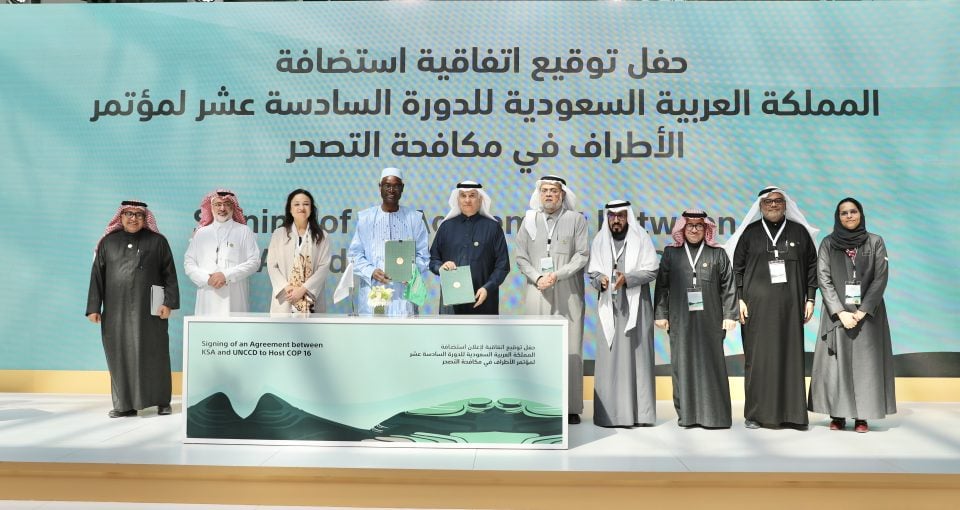From awards and recognition to a new initiatives and game-changing adoption in cargo shipping that could impact sustainable travelling in the region, Saudi is ramping up its sustainability efforts.
Saudi Crown Prince launches the National Red Sea Sustainability Strategy
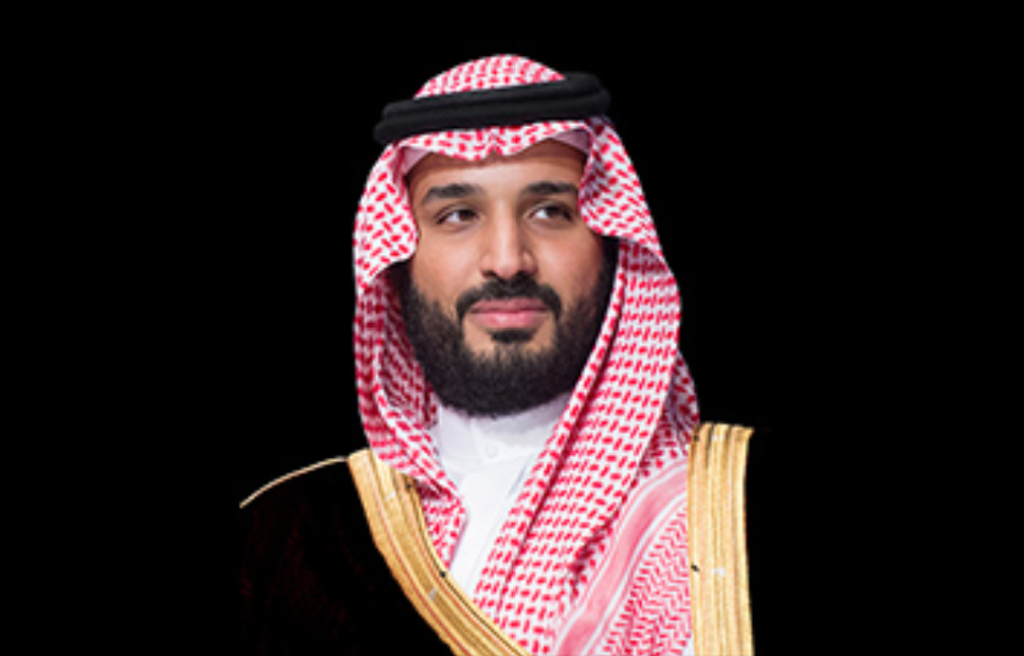
His Royal Highness Prince Mohammed bin Salman bin Abdulaziz Al Saud, Crown Prince, Prime Minister, and Chairman of the Council of Economic and Development Affairs, has launched the National Red Sea Sustainability Strategy aimed to protect the Red Sea, empower local communities, and support the transition to a blue economy.
With the view of making the Red Sea region a global leader in blue economy activities and as a hub for research, development, and innovation, the strategy is underpinned by five strategic objectives: Environmental Sustainability, Economic Development, Social Development, Safety and Security, and Governance and Collaboration.
The Red Sea, covering 186,000 square kilometres with 1,800 km of coastline, is home to the world’s fourth-largest barrier reef system, 6.2% of the world’s coral reefs, and hundreds of islands. By 2030, the strategy aims to increase marine and coastal protected areas from 3% to 30%, boost renewable energy to 50% of the energy mix, create thousands of blue economy jobs, and protect the Kingdom’s investments in coastal tourism, which could contribute significantly to GDP.
Drought and desertification are hot topics for Saudi Arabia UN talks
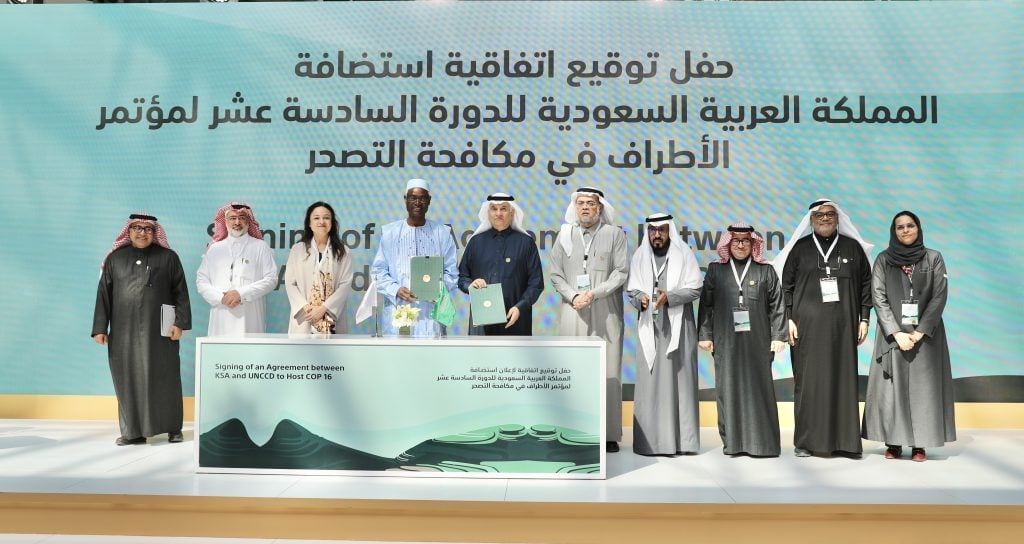
Saudi Arabia is hosting the COP16 UN conference on land degradation and desertification, positioning itself as an environmental advocate despite past criticisms. The conference aims to address the pressing issues of drought and desertification, with UN Secretary-General Antonio Guterres describing it as a “moonshot moment” to protect and restore land. The event underscores the kingdom’s efforts to engage in global environmental initiatives and contribute to sustainable land management practices.
Royal Commission for AlUla awarded for sustainability initiatives
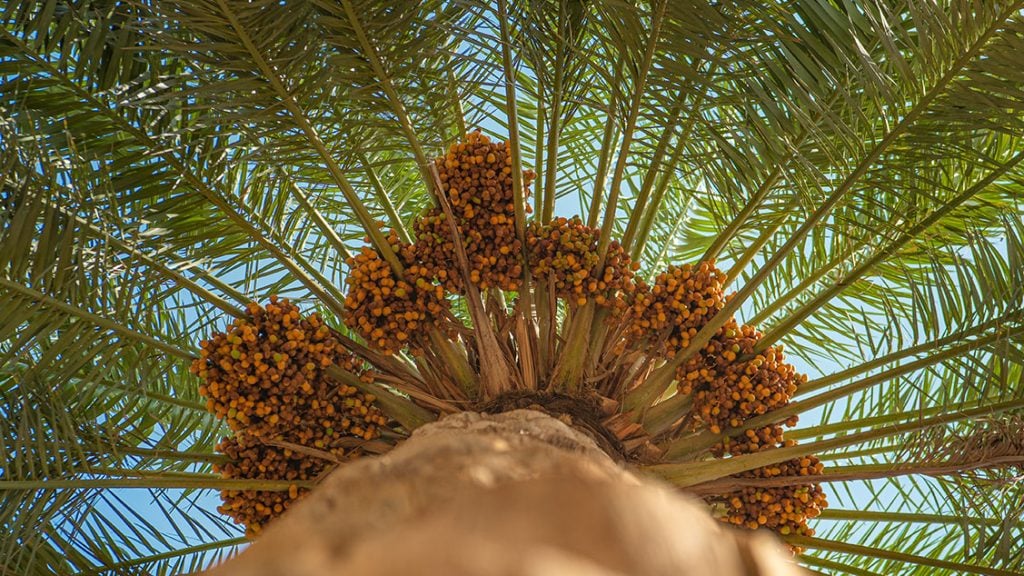
The Royal Commission for AlUla (RCU) received the Excellence Award in Innovative Date Palm Technologies from the National Centre for Palms and Dates at the International Dates Conference and Exhibition 2024. This accolade recognises RCU’s agricultural waste recycling and composting stations in AlUla’s Cultural Oasis and Mughayra areas. The aim is to enrich local farm soil and promote sustainable date palm cultivation which in turn is crucial for conservation in the region.
RCU to highlight sustainability initiatives at COP16
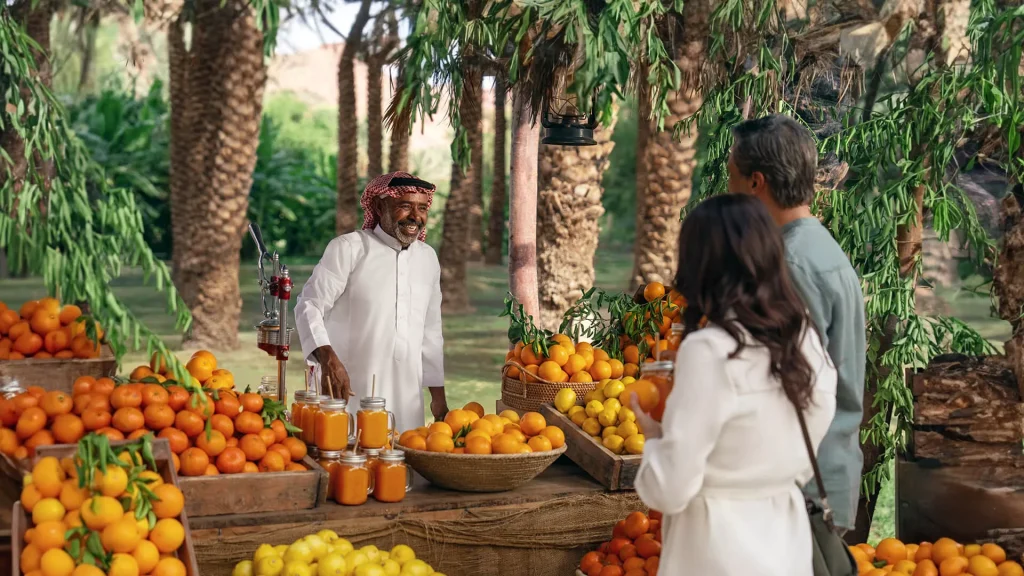
The Royal Commission for AlUla (RCU) will highlight its sustainability initiatives at COP16 and the Saudi Green Initiative (SGI) Gallery in Riyadh. RCU’s exhibits focus on land restoration, sustainable development, and its role in combating climate change. Specific highlights include AlUla’s Cultural Oasis program, which integrates traditional agricultural practices with modern sustainability measures, and other projects aiming to restore natural habitats and biodiversity in the region. These efforts are part of Saudi Arabia’s broader commitment to environmental leadership under Vision 2030, showcasing innovative approaches to ecological preservation and land rehabilitation
New sustainability investments explored at Riyadh’s World Investment Conference
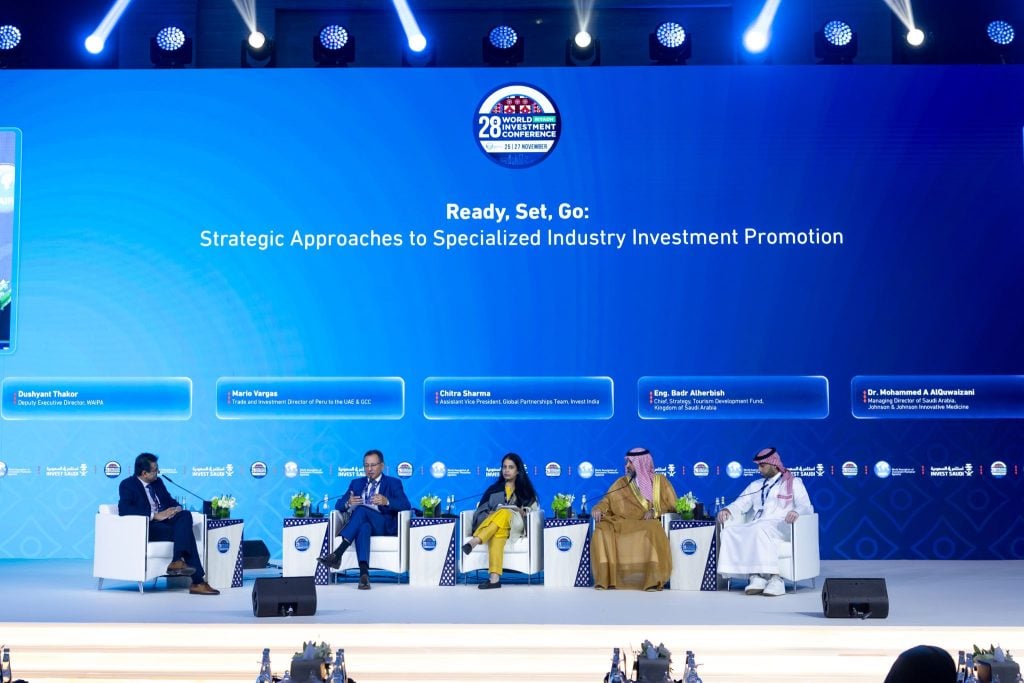
The 28th World Investment Conference (WIC28) was hosted by Invest Saudi and the World Association of International Promotion Agencies (WAIPA), in Riyadh from 25 – 27 November. The event aimed to emphasise international collaboration, innovation, and sustainability in global investment. It featured discussions on digital transformation and sustainable growth while exploring emerging technologies and sustainable practices as avenues for new investment opportunities.
Cargo container fleet Maersk looking at 15%-20% alternative fuels for fleet
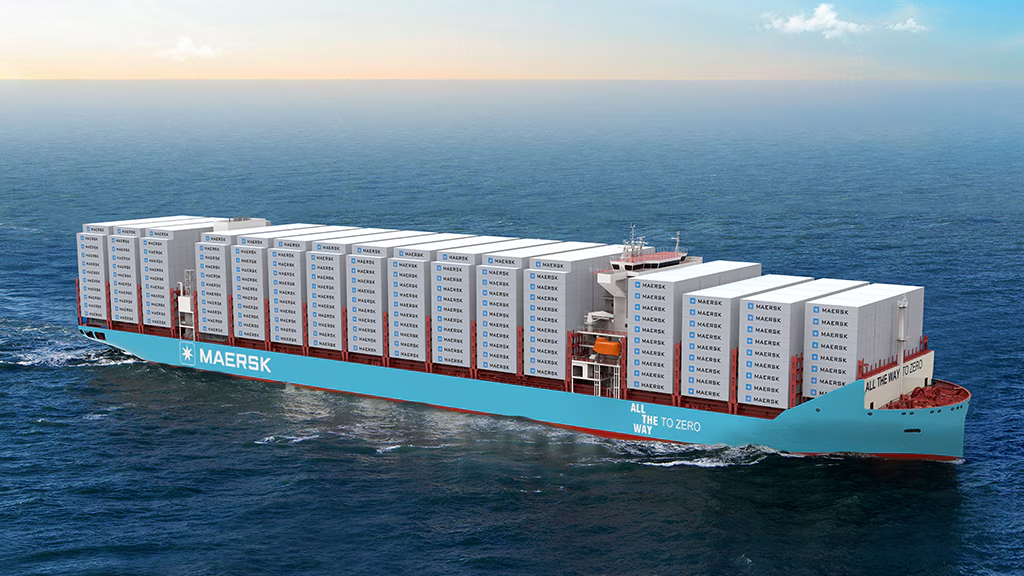
After opening its largest logistics park in the Middle East (Jeddah) in August, container shipping giant Maersk shares its sustainability goals. It plans to have 5%-20% of its fleet powered by alternative fuels by 2030 to hit its net-zero emissions goal by 2040.
Currently, 3% of the company’s annual fuel consumption of 10-11 million metric tons comes from alternative sources. Maersk is investing in green fuels like biodiesel, green methanol, and bio-methane, launching dual-fuel methanol container vessels, and securing bio-methanol supplies starting in 2026. The company is also collaborating with other areas of the industry to establish regulations that support cleaner fuels while making them commercially viable.

